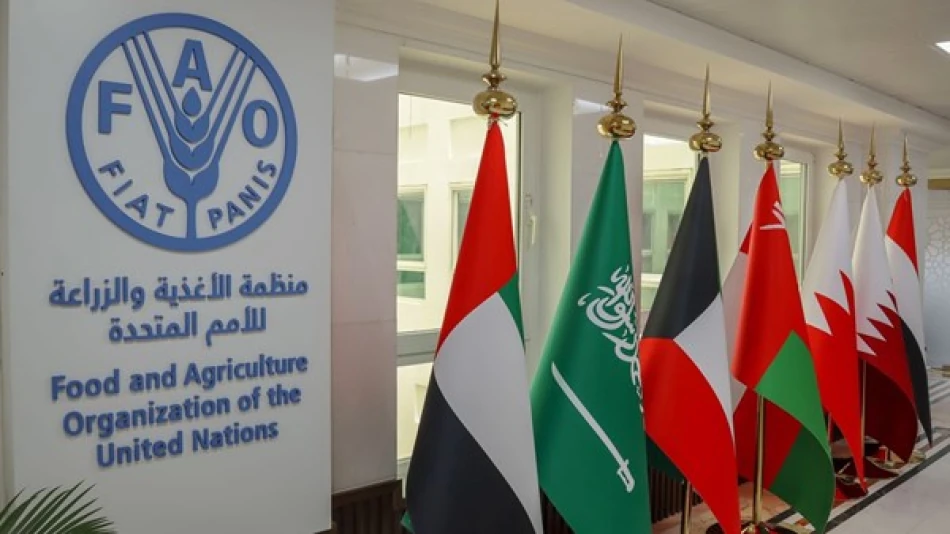
UAE Empowers Women: FAO Praises Nation's Groundbreaking Efforts
UAE Women Lead Middle East's Agricultural Innovation as FAO Marks Golden Jubilee of Gender Empowerment
The United Nations Food and Agriculture Organization (FAO) has spotlighted the UAE's five-decade journey in women's empowerment as a regional blueprint for sustainable agriculture and food security. Coinciding with Emirati Women's Day, the FAO's recognition underscores how strategic gender inclusion has transformed the UAE into a Middle Eastern leader in agricultural innovation and climate resilience.
A Half-Century of Strategic Gender Investment
The timing of this recognition is particularly significant, marking the 50th anniversary of the General Women's Union under the leadership of Her Highness Sheikha Fatima bint Mubarak, known as the "Mother of the Emirates." This golden jubilee represents more than ceremonial milestone—it demonstrates how sustained institutional support for women's participation has yielded measurable economic and environmental returns.
The FAO's endorsement carries weight in a region where women's agricultural participation often remains underutilized despite comprising a significant portion of the agricultural workforce across the Middle East and North Africa.
Field Schools: Practical Innovation in Action
Tackling Regional Agricultural Challenges
The FAO-supported "Farmer Field Schools" program, developed in partnership with the UAE's Ministry of Climate Change and Environment, addresses critical regional concerns. The initiative focuses on sustainable date palm cultivation and integrated pest management, with particular emphasis on combating the red palm weevil—a destructive pest that threatens date production across the Gulf region.
This targeted approach reflects sophisticated agricultural planning. Date palms represent both cultural heritage and economic value in the UAE, contributing significantly to the country's food security strategy and export potential. By positioning women at the center of knowledge transfer and best practices implementation, the program leverages often-overlooked expertise while building resilient agricultural systems.
Knowledge Networks Drive Results
The program's structure creates dedicated spaces for women to exchange knowledge and implement proven agricultural practices, strengthening their roles in local food production systems. This model addresses a common challenge in agricultural development: the gap between research and practical application at the farm level.
Regional and Global Implications
Setting Middle Eastern Standards
The UAE's approach contrasts sharply with regional patterns where women's agricultural contributions often remain informal or underrecognized. While countries like Jordan and Morocco have made strides in rural women's empowerment, the UAE's institutional framework and sustained investment create a more comprehensive model.
Ahmed Mukhtar, FAO Sub-Regional Office Coordinator, emphasized that investing in Emirati women's agricultural skills and leadership capabilities not only enhances innovation and strengthens food security systems but also establishes foundations for a more sustainable and prosperous future.
Economic and Strategic Value
For investors and policymakers, the UAE model demonstrates how gender inclusion drives measurable outcomes in food security—a critical concern as climate change intensifies agricultural challenges across arid regions. The country's approach aligns with global trends where agricultural technology companies and development funds increasingly prioritize women-focused initiatives for their proven returns on investment.
Sustainable Development Integration
The FAO's recognition highlights how the UAE's women's empowerment efforts directly support multiple Sustainable Development Goals, creating synergies between gender equality, food security, and climate action. This integrated approach positions the UAE as a practical model for other nations seeking to maximize development impact through strategic gender inclusion.
As regional governments face mounting pressure to diversify economies and enhance food security, the UAE's five-decade investment in women's agricultural leadership offers a proven pathway that combines social progress with economic resilience.
Most Viewed News

 Layla Al Mansoori
Layla Al Mansoori






